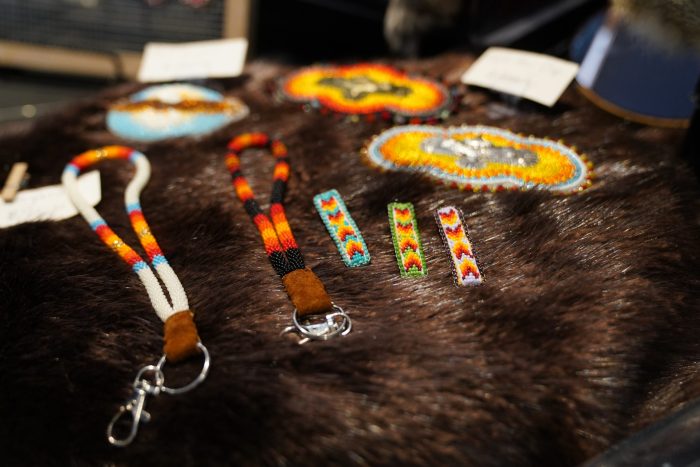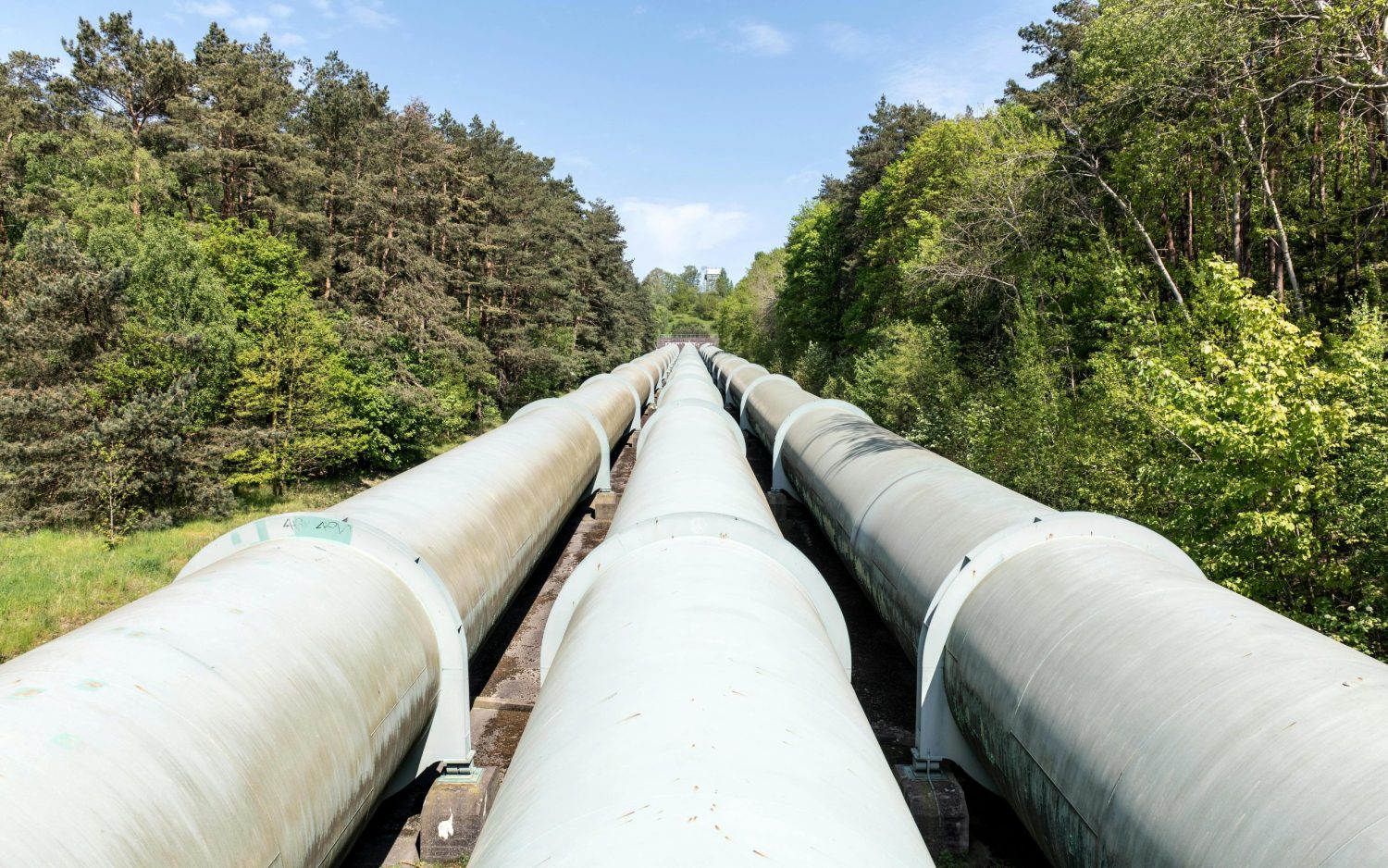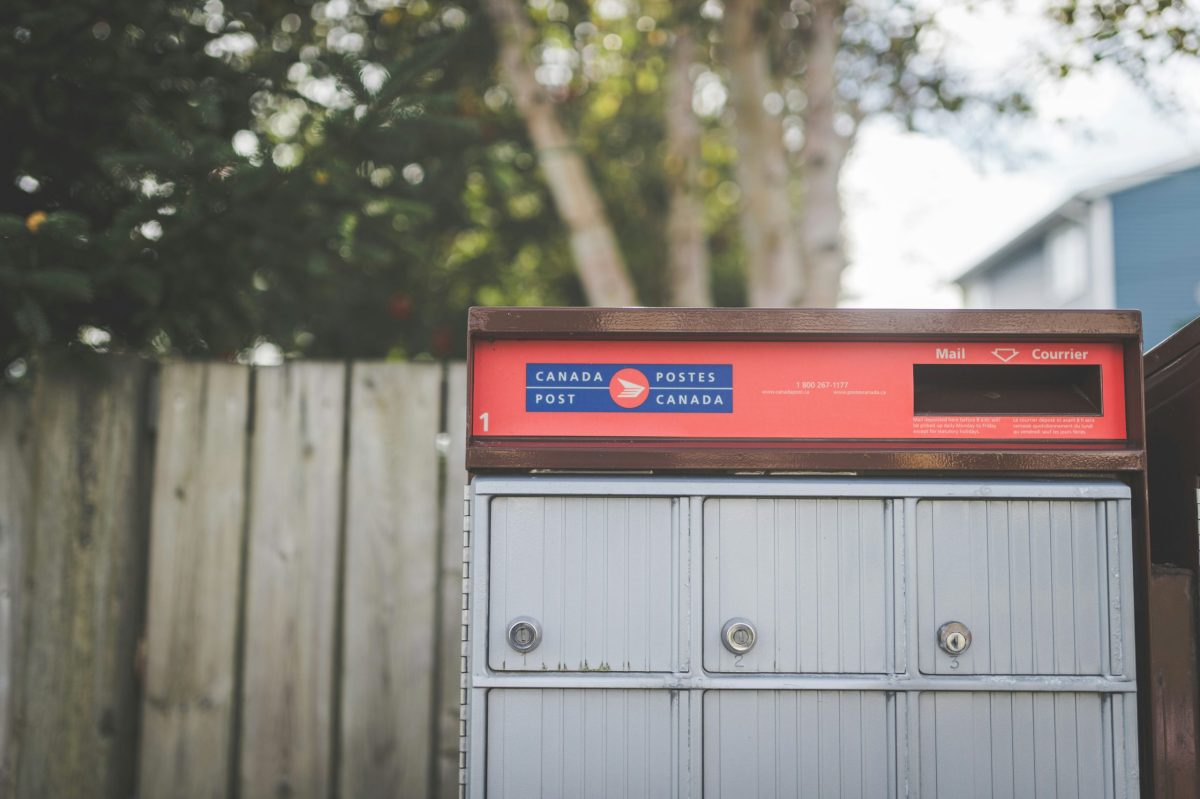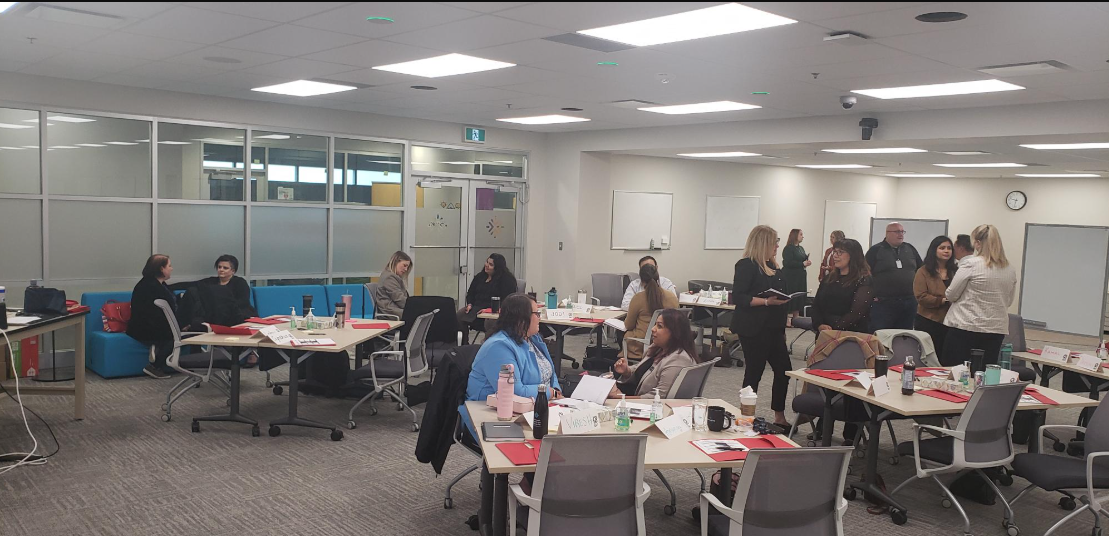While Calgary has seen decades of prosperity, it has often not been shared equitably — and in many cases, it has come at the expense of Indigenous Peoples.
For generations, Indigenous communities were pushed to the margins through policies that removed them from their lands, disrupted traditional economies and governance and imposed systems designed to assimilate. Residential schools, the Indian Act, the reserve and permit systems, scrip programs and forced relocation all contributed to the exclusion of Indigenous Peoples from economic opportunity. The effects of these policies are not just historical — their legacy continues to shape access to land, capital and opportunities today.
Despite these challenges, Indigenous entrepreneurs continue to defy the odds, building, leading and growing businesses across Canada. From 2005 to 2021, the number of these businesses grew by more than 42%, with Alberta home to the largest number of Indigenous-owned businesses in the country.
Yet growth alone isn’t enough. Economic reconciliation means confronting the systemic barriers that persist — and facilitating access to the opportunities, resources and networks needed for Indigenous businesses to thrive.
This article explores the rise of Indigenous entrepreneurship in Alberta; the barriers that still exist; and the policies, partnerships and actions that can help unlock long-term success and advance economic reconciliation.
Indigenous entrepreneurship is growing — and leading
Indigenous entrepreneurs are launching new ventures at nine times the rate of non-Indigenous Canadians, and this growth is shaping the future of the Canadian economy, spanning diverse sectors including energy, tourism, arts, technology and construction.
As well, the number of women-owned businesses are growing at a faster rate than men-owned, and young Indigenous entrepreneurs are more likely to own businesses than younger non-Indigenous entrepreneurs.
Indigenous businesses also make a powerful contribution to the broader economy. Between 2012 and 2020, the Indigenous economy grew from $81.9 billion to $97 billion — and is now approaching $100 billion annually. In Alberta alone, Indigenous economic activity contributes over $9 billion to provincial GDP.
As these businesses grow, they create jobs, attract investment and support long-term economic resilience — and in many cases, build community resilience and help revitalize culture.
Barriers still stand in the way
Despite this momentum, Indigenous entrepreneurs continue to disproportionately face challenges — particularly when it comes to accessing capital and navigating government systems. For many living on reserve, the inability to legally own property means they cannot offer traditional collateral, which has resulted Indigenous people considered “high risk” by traditional banking systems. And this makes it extremely difficult to secure financing through mainstream banks.
Navigating government grants and procurement processes presents further challenges. Programs are often complex and difficult to access, with limited outreach, systemic bias and a legacy of mistrust rooted in exclusion.
Infrastructure is another barrier. In many rural and remote Indigenous communities, limited access to broadband makes it difficult to reach customers and markets — especially as more business moves online. Entrepreneurs often face the difficult choice between growing their business or leaving their community.
Capacity-building supports like mentorship and business networks also remain out of reach for many. A 2025 report by the Indigenous Prosperity Foundation found that 39% of Indigenous entrepreneurs cite a lack of mentorship and digital support as key obstacles to financing and growth.
Partnerships and relationships move the needle
At the Calgary Chamber, we believe business and industry have a powerful role to play in advancing reconciliation. From hiring and procurement to investment and advocacy, the private sector has the tools — and the responsibility — to help close longstanding gaps and foster inclusive economic growth.
As both the convenor and voice of business, this work is a priority. Over the past year, we have worked closely with Indigenous Elders, entrepreneurs and community leaders — including through convening our Indigenous Advisory Circle — to understand the Chamber’s role in addressing systemic challenges and advancing reconciliation.
Earlier this year, with guidance from our Indigenous Advisory Circle, we launched our Truth and Economic Reconciliation Framework — an action plan that guides our response to Call to Action 92 and serves as a living commitment to accountability and progress. The Framework focuses on two core priorities: (1) making the Chamber and key business resources more accessible to Indigenous entrepreneurs; and (2) using our platform to amplify Indigenous voices and advocate for systemic change.
In 2025, we deepened this work by partnering with Keyera as our Truth and Reconciliation Pillar Partner. This transformative collaboration is helping reduce financial barriers, with 25 Chamber memberships sponsored for Indigenous entrepreneurs. With the generous support of Keyera, the Chamber is also hosting events that build community and visibility, convening conversations that centre Indigenous leadership throughout the year, and celebrating excellence through our Indigenous Entrepreneur Award.
Other initiatives across Alberta and Canada are also making an impact. The Alberta Indigenous Opportunities Corporation (AIOC) offers a total of up to $3 billion in loan guarantees to support Indigenous equity investment in major projects, and the recently announced federal Indigenous Loan Guarantee Program offers up to $10 billion through a similar model. The Aboriginal Business Investment Fund (ABIF) helps fund community-owned business ventures, and the City of Calgary’s Indigenous Procurement Program opens new doors for Indigenous businesses to work with the municipality.
Indigenous entrepreneurs must be meaningfully involved in the decisions that shape our economy — from public policy and procurement to investment and community planning. As part of our work, we are committed to ensuring Indigenous perspectives inform our advocacy, programming and partnerships, and that we continue to listen, learn and act in collaboration with Indigenous leaders and communities.
A shared path forward
Indigenous entrepreneurship is a force for innovation, sustainability and inclusive growth. Alberta has the talent, vision and leadership to be a model for economic reconciliation — if we continue to invest in real partnerships and structural change.
The Calgary Chamber is proud to support Indigenous entrepreneurs — not just in words, but through sustained action and partnership. Reconciliation is a journey, and we are committed to walking it with humility, respect and accountability. When Indigenous businesses thrive, so does our economy — and the future we build together is stronger for it.
About Keyera
Keyera Corp. (TSX: KEY) operates an integrated Canadian-based energy infrastructure business with extensive interconnected assets and depth of expertise in delivering energy solutions. Its predominantly fee-for-service based business consists of natural gas gathering and processing; natural gas liquids processing, transportation, storage, and marketing; iso-octane production and sales; and an industry-leading condensate system in the Edmonton/Fort Saskatchewan area of Alberta. Keyera strives to provide high quality, value-added services to its customers across North America and is committed to conducting its business ethically, safely and in an environmentally and financially responsible manner.







